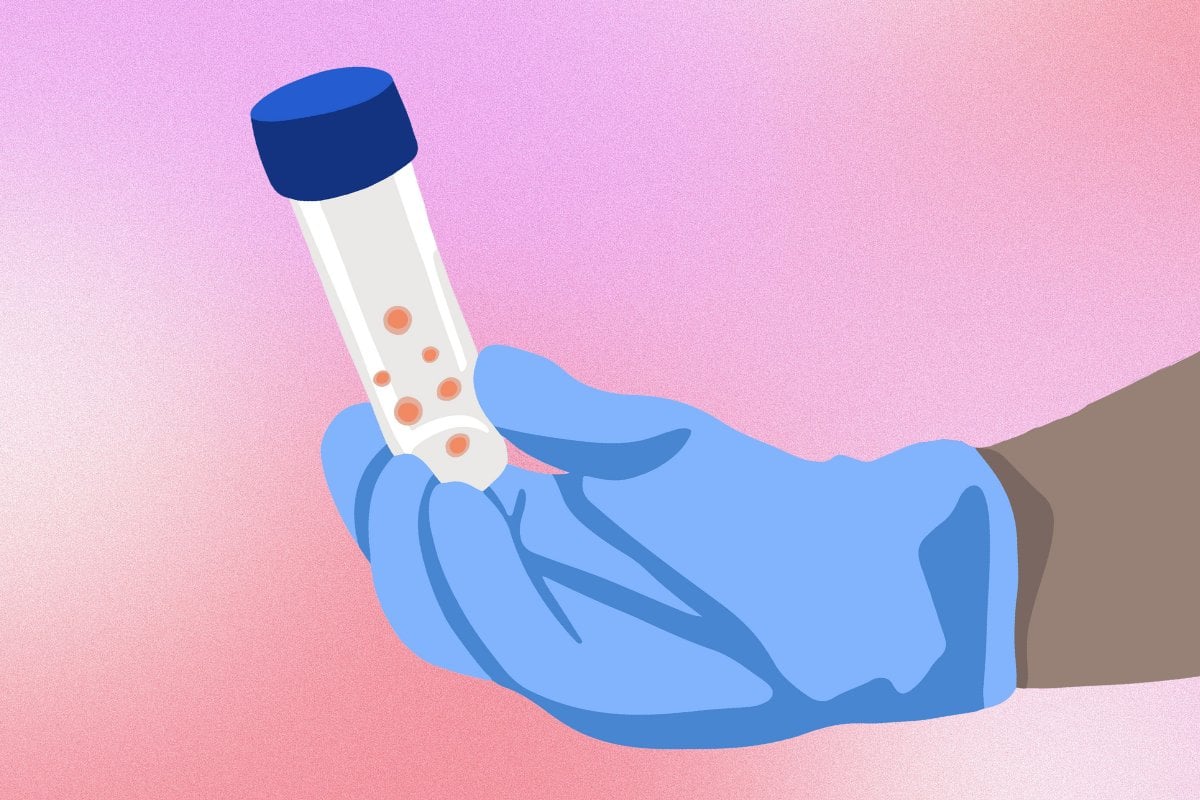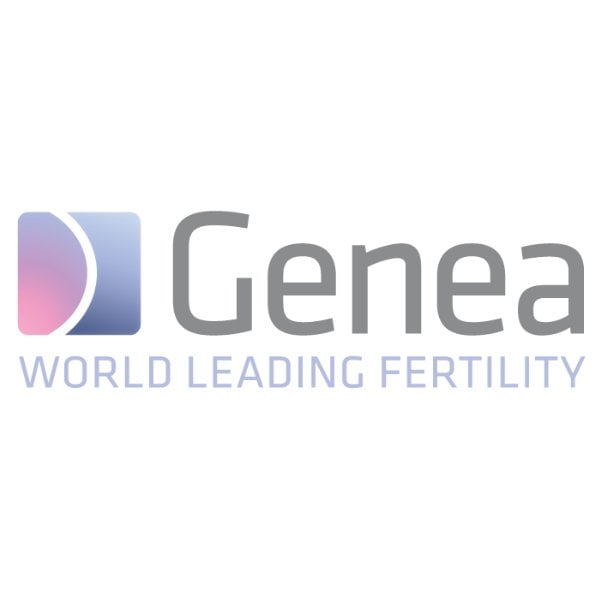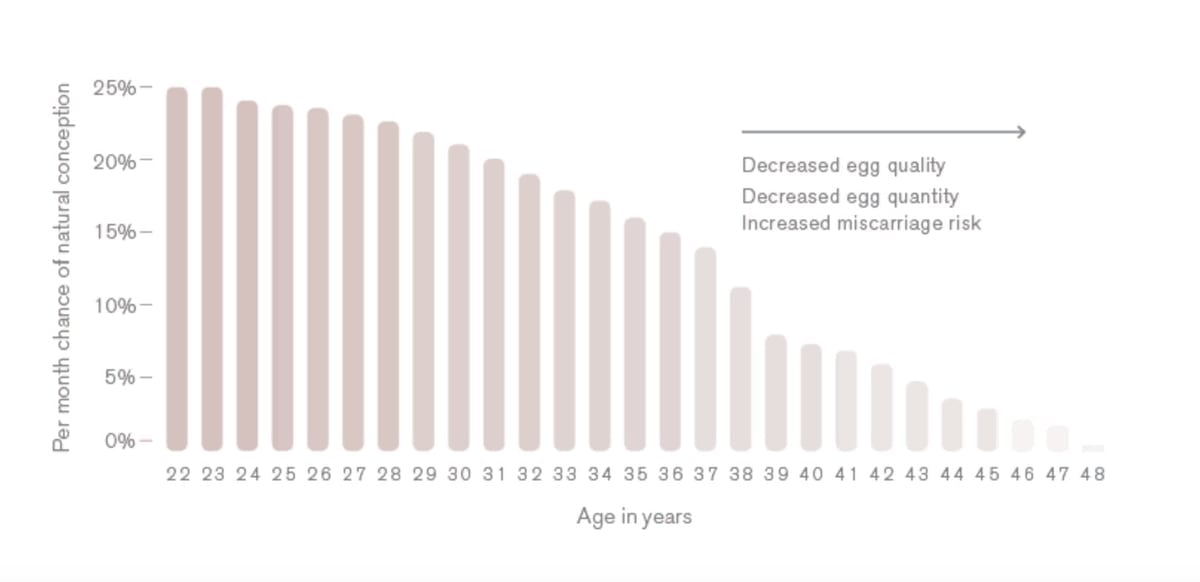

When you’re in your 30s, the word ‘fertility’ hangs over you.
After years of dodging pregnancy, stocking up on contraception and some emergency runs to the local pharmacy, suddenly your ability to become pregnant is all you can think about.
For what was once an assumption – of course I’ll have kids when the time is right – is now a massive if.
If I’m not too old. If my eggs are still viable. If I meet The One.
Whether you’re in a relationship or not, the 'if' can be overbearing. And if you’re single, the if can be all-consuming.
“I’m running out of time.”
It’s a thought that constantly swirls in my head, while TICK TOCK reverberates around my body, and I’m consistently reminded of that episode of Friends. The One Where They All Turn 30.
Even if I were to meet someone now, at 34 years old, I’d want to know them for at least two years before we try to have a baby (and that doesn’t even take into account the perfect engagement and white wedding I’ve dreamed of). But if we forget the ring, that puts me at 36 and edging closer towards 40.
I have to remind myself. I do have options. If I'm determined to have children in the future, what about egg freezing?
While my eggs are *fingers crossed* still fighting fit, we’re still in this together, ovaries! And there are decisions I could make.
So, on the quest to understand my fertility, here are 8 things I learnt about egg freezing.


